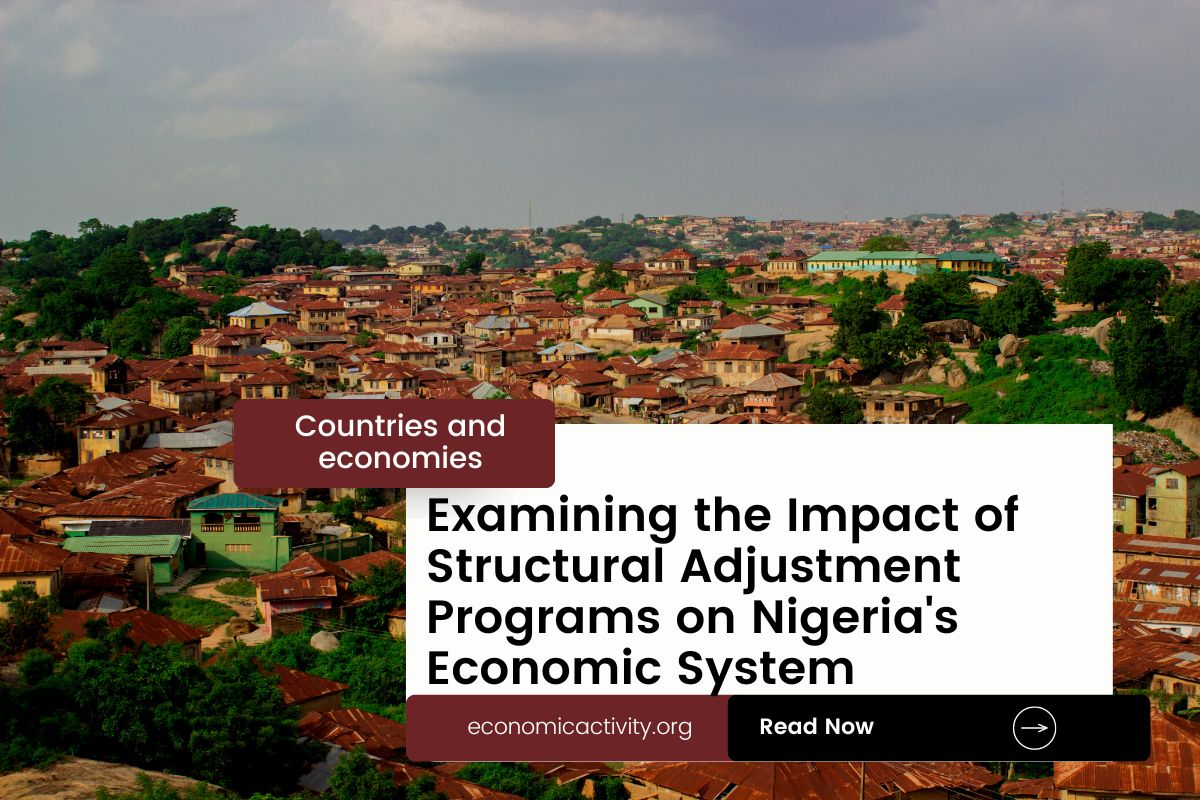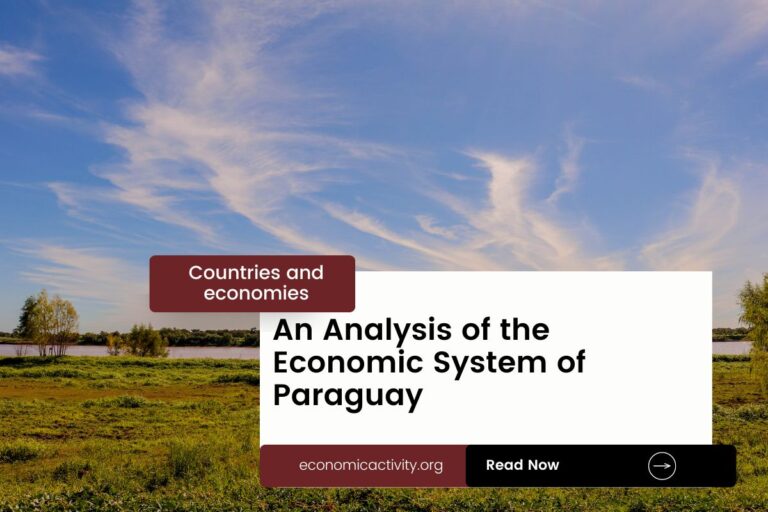What is the economic system of Nigeria? The economy of Nigeria is based on a mixed economy. The country’s economic system combines elements of a market economy and a planned economy.
Nigeria’s economy is largely dependent on oil exports, but also includes agriculture, telecommunications, and manufacturing. High unemployment and poverty rates remain a challenge.
In Nigeria, the economy is composed of a private sector, consisting of individuals and businesses that make autonomous decisions based on self-interest, and a public sector, where the state determines the production and distribution of certain goods and services. No country is purely capitalist or purely communist.
What do the freedom indexes tell about the economic system of Nigeria?
Now, to determine if a country is mostly a market economy or a planned economy, it is useful to examine some economic indexes. For instance, according to the 2022 Index of Economic Freedom, which measures the ability of every human to control his own labor and property, Nigeria is ranked 124th globally and 23th in Sub-Saharan Africa indicating that the country has a mostly unfree economy.
In a similar way, the 2022 Freedom House index evaluates the state of political rights and civil liberties globally. Generally, market economies tend to align more with democracy and freedom, while command economies tend to be characterized by greater state control and fewer democratic and civil liberty protections. Nigeria gets a score of 43/100, which qualifies it as Partly Free.
Nigeria is considered to have a government that does not control what people do, and people can make their own economic decisions, but it is only considered an electoral democracy, lacking full liberal democratic protections.
The Link Between Public Sector Employment and the Economic System of Nigeria
An indicator of the extent to which the State is involved in the economy is the number of public sector employees. In Nigeria, according to ILOSTAT, the number of public sector employees as a percentage of the total workforce is 8.6% (2019).
In the country’s mixed economy, the number of public sector employees as a percentage of the total workforce varies based on the specific policies and practices adopted by the State. Some economic activities are left to the private sector while others are under government control. The bigger the public sector the closer is the economy to being a command economy.
What do the biggest companies in Nigeria say about the country’s economic system?
The biggest company in Nigeria should also be looked at, as well as whether it is a state-owned or private company. In this case, Dangote Cement is Nigeria’s largest cement producer, producing over 30 million tons annually. It is a subsidiary of the Dangote Group, one of Africa’s largest conglomerates.
Nigeria’s private sector industries include telecommunications, banking, and oil and gas. While public industries include healthcare, education, and transportation.
The historical factors that have influenced the economic system of Nigeria
The current mixed economy system of Nigeria in the last century is a result of a combination of factors, including the legacy of colonialism, the influence of globalisation, and the country’s own economic policies.
Colonialism left a legacy of unequal access to resources and a lack of economic diversification, while globalisation has increased the country’s reliance on foreign investment and trade.





Leave a Reply